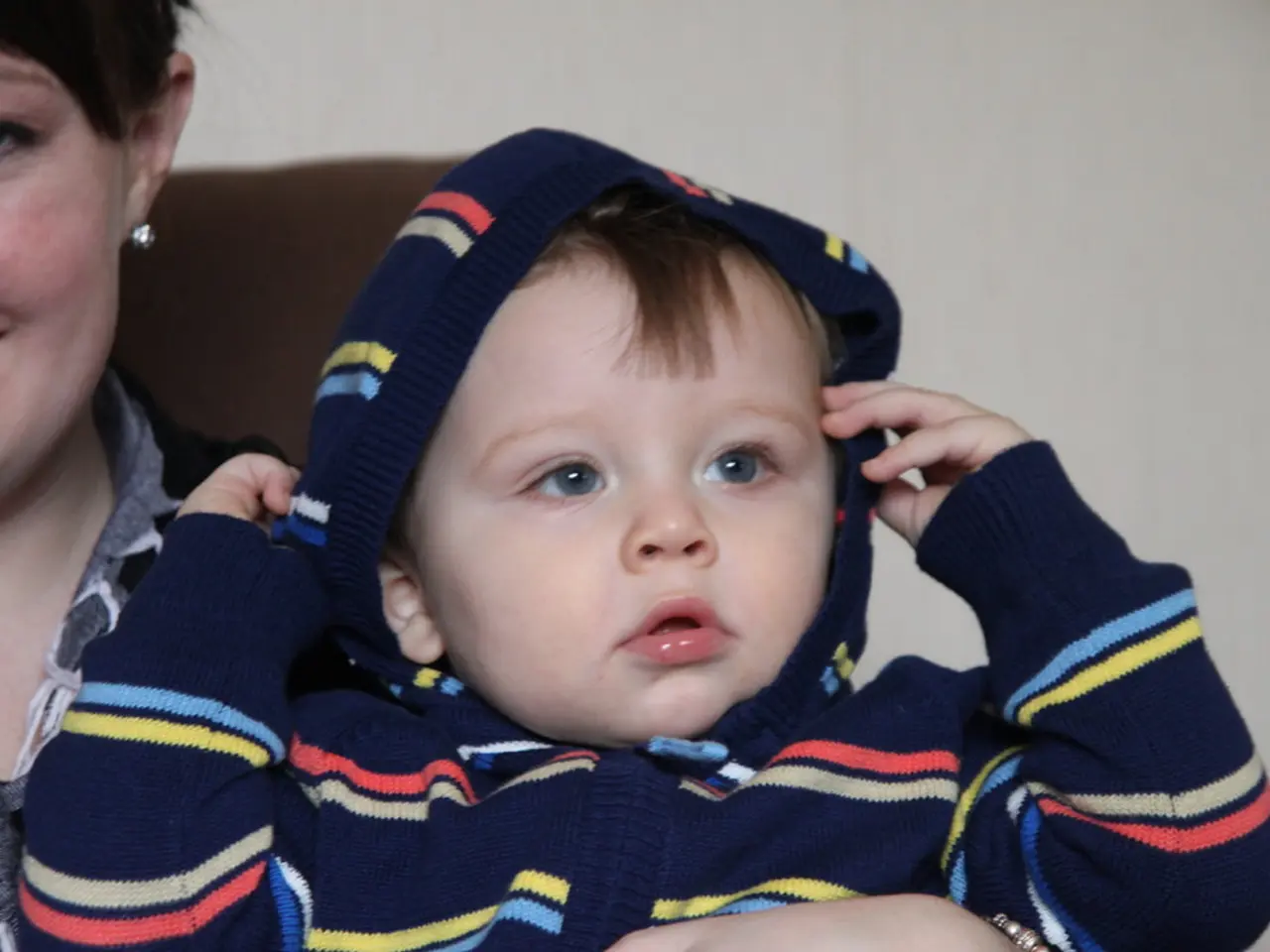Woman's Eligibility for Visa Sponsorship from Former Spouse Post-Divorce in UAE
Divorce and Residency Rights in the UAE: A Guide for Women and Children
Divorce can be a challenging time, especially when it comes to understanding the legal implications for residency in the United Arab Emirates (UAE). Here's a breakdown of the key points to help you navigate this process.
Residency Rights after Divorce
If you were residing in the UAE under your husband's sponsorship visa, it's essential to know that you will likely lose this visa upon divorce. To legally remain in the UAE, you will need to secure your own residence permit, either through employment or a new sponsor.
Children’s Residency
Children's residency visas typically remain under the father's sponsorship after divorce. However, in some cases, the mother can sponsor her children if legal custody is established and the necessary permissions are obtained. This process may require compliance with UAE immigration regulations and legal custody.
Child Custody and Personal Status Law
The UAE's Civil Personal Status Law, which incorporates Islamic Sharia principles, has been recently reformed to grant more rights to women in matters such as divorce and child custody decisions. Courts now allow no-fault divorces, and women have equal standing to initiate divorce and seek custody. Custody disputes are resolved by Sharia courts that have exclusive jurisdiction over family matters, including custody and guardianship.
Legal Sponsorship by Women
To sponsor her children, the mother must prove legal custody and may need explicit permissions from the father, especially if he objects. This process requires compliance with residency, salary, housing, and medical fitness requirements for sponsors as stipulated by UAE immigration rules.
One-Year Residency Extension
In a divorce, a woman living in the UAE under her husband's sponsorship is entitled to a one-year extension of her residency visa. This extension allows you and your children to stay in the UAE for a year without the need for your husband's sponsorship. However, it's important to note that this extension does not guarantee a permanent stay and may require further legal proceedings for long-term residency.
Seeking Legal Advice
Given the complexities involved, it's recommended to consult with a legal expert to understand the full implications of the divorce on your residency status. The UAE's General Directorate of Residency and Foreigners Affairs can provide valuable information regarding your rights and responsibilities after divorce, including potential impact on residency and financial support.
Regulations and Laws
The UAE's Personal Status Law and Civil Personal Status Law govern child custody, alimony, and child maintenance for non-Muslims in divorce. These laws ensure the rights of both parties, especially those of children, are upheld post-divorce. The regulations do not specify if the husband is obligated to provide financial support during the one-year residency extension period.
Conclusion
In conclusion, you have the right to apply for a one-year visa extension for both yourself and your children after a divorce in the UAE. It's crucial to seek legal advice and consult the relevant authorities to fully understand your rights and responsibilities during this time.
- In the process of navigating residency after divorce in the UAE, a woman may need to secure her own residence permit through employment or a new sponsor, as losing the husband's sponsorship visa is likely.
- Despite children's residency visas generally remaining under the father's sponsorship after divorce, a mother can sponsor her children if legal custody is established and necessary permissions are obtained, following compliance with UAE immigration regulations and legal custody.




